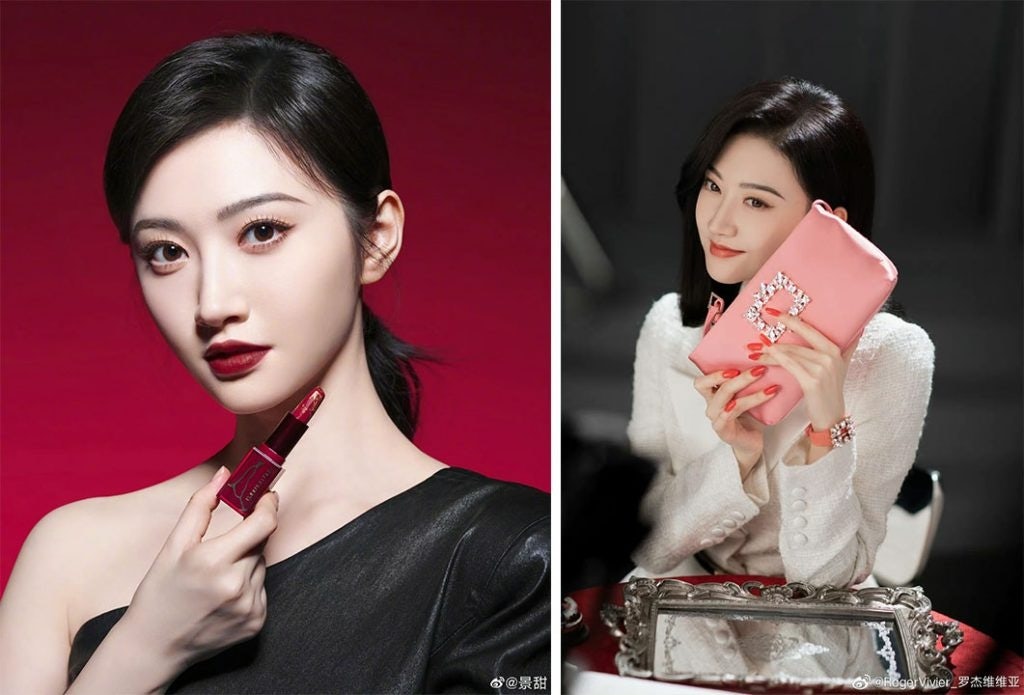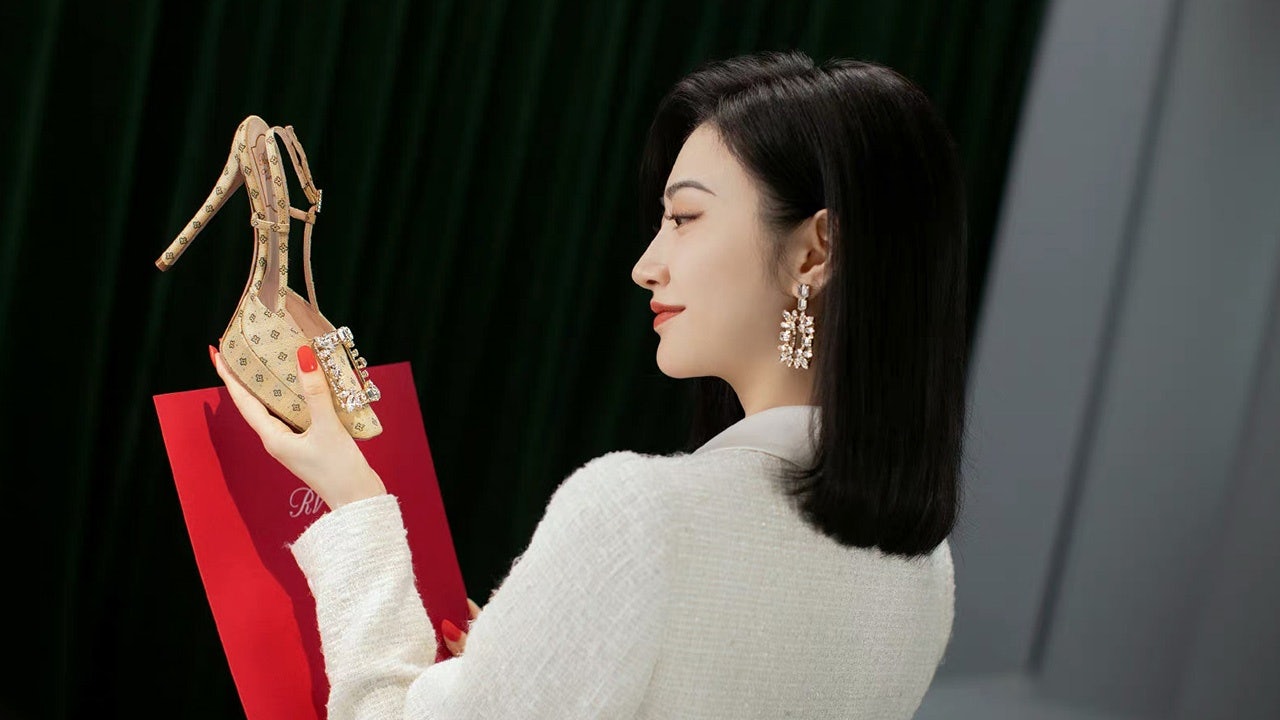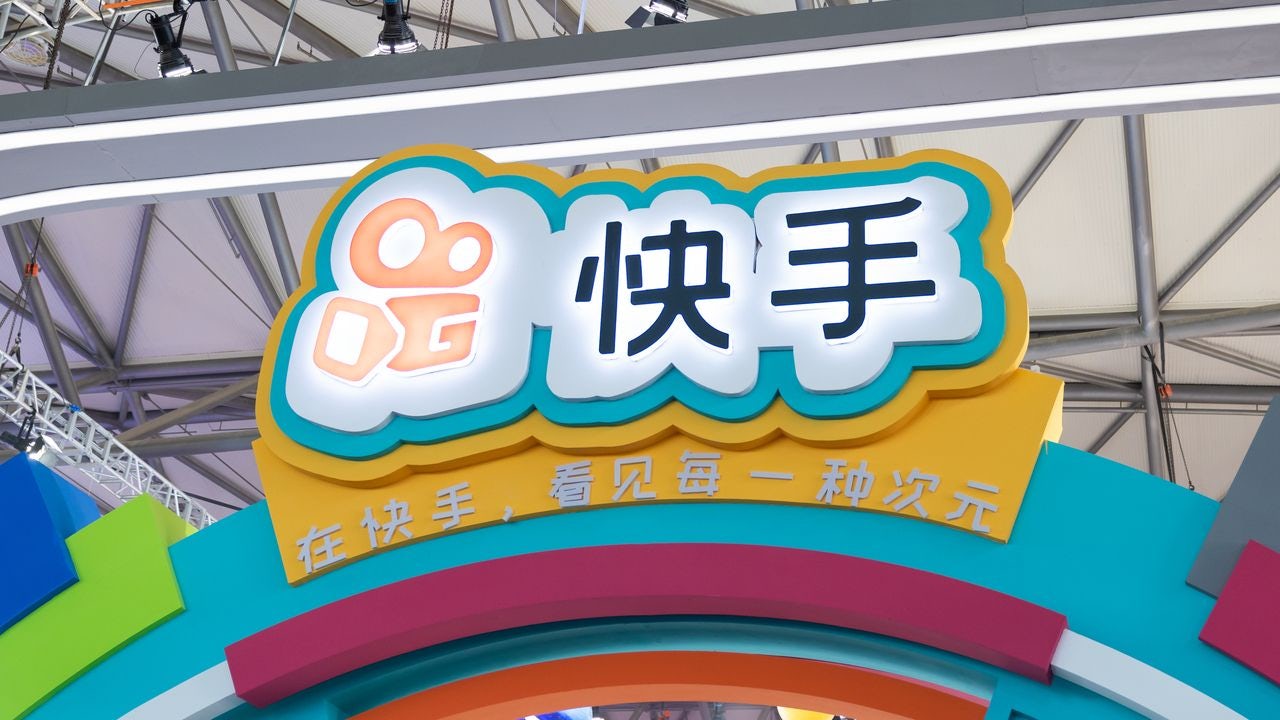What happened
An advertisement about candy has left Chinese authorities with a sour taste. On May 28, market regulators in Guangzhou fined actress Jing Tian for appearing in a misleading campaign for health food company Infinite Free, claiming that the brand’s fruit and vegetable candy products can help manage weight by blocking the absorption of sugar, oil, and fats.
The endorsement violates China’s advertising law, which states that ordinary food cannot be promoted for having therapeutic functions. As a result, the 33-year-old was fined a total of 7.22 million yuan (1.08 million), while the candy in question was pulled from major e-commerce platforms.
The Jing Take
Jing, who starred in Pacific Rim: Uprising and Kong: Skull Island, is the latest Chinese entertainer to come under legal fire. However, unlike the others who were canceled for personal scandals — from sexual assault to tax evasion — Jing’s case shows that being the face of fake products is enough to be blacklisted. On top of paying a hefty fine, the actress could also be banned from serving as a spokesperson for three years, posing a huge commercial loss and putting her film career at stake. Currently, she promotes brands such as Shu Uemura, Dior skincare, and Bulgari fragrance, and just added Roger Vivier to her roster in March.

For brands, this incident serves as another warning against illegal advertising, particularly as China strengthens its consumer rights. Canada Goose has previously ran afoul of local advertising laws for claiming that its down coats are made from “the warmest material from Hutterite” even though most of its products are made with other materials. Similarly, 29 brands saw their posts scrubbed on Xiaohongshu on suspicion of false marketing in December. Revised last year, China’s advertising law is extensive, prohibiting the use of superlative phrases (e.g. “the best”), assertions about the efficacy of health products, and endorsements from celebrities who haven’t actually used the items, among other things.
As of publication, Jing’s Weibo account remains active and brands have yet to terminate ties, which is good news for the actress. That said, as China continues to crack down on celebrities who fail to uphold moral values and brands that dupe consumers, it could be time for luxury to review that long list of regulations before it too becomes embroiled in controversy.
The Jing Take reports on a piece of the leading news and presents our editorial team’s analysis of the key implications for the luxury industry. In the recurring column, we analyze everything from product drops and mergers to heated debate sprouting on Chinese social media.


